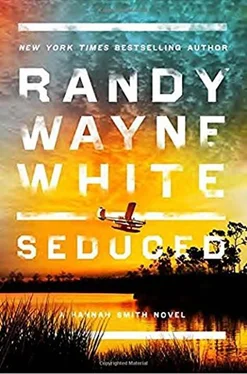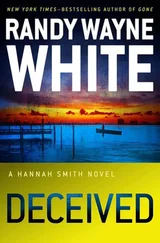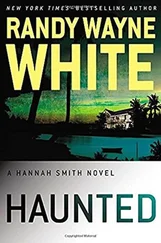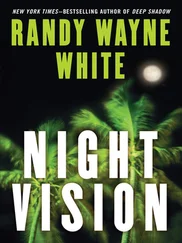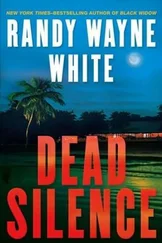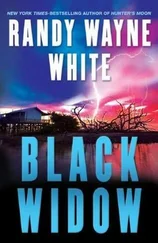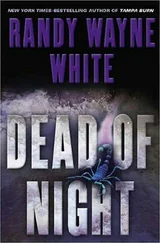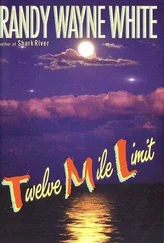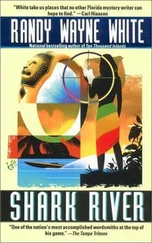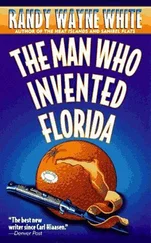“I don’t care, Kermit! I don’t want to hear any more of your excuses. I won’t tolerate someone who treats me or my family in a two-faced, lying way.”
The man’s tolerant manner vanished. “Lying? Is that what you really think of me?”
“You could’ve told me about filing for a patent,” I said. “You didn’t even bother to ask. There’s no difference between an intentional omission and a lie, as far as I’m concerned.”
He put his hands in his pockets and looked at the ground, but only long enough to control his temper. “How could I ask you? You told me not to contact you for at least a month. I called anyway, the same night. Remember? You didn’t answer. For weeks, do you have any idea how many times my phone rang and I hoped it was you calling back? Then, this morning, you hung up on me before I could say a damn word.”
Now it was me who stared at the ground. I evaded the hurt look on his face by saying our relationship was all wrong to begin with. Then added something suitably inane, which was, “Everything happens for a reason, I suppose.”
“Depends on what you’re willing to settle for,” he replied. “I think I’ve apologized enough for one day. Wait here.” He went past me, out the door, then reconsidered. “Come on, it’s hot in here and we both need to cool down. I’ve got something in my truck that might change your mind.”
What he wanted me to see was inside a weathered khaki bag. He handed me a sheath of papers. The cover sheet was headed with the logo of the U.S. Patent and Trademark Office, blue with white lettering, Washington D.C.
“Keep it,” he said. “I have other copies. When you get home, take your time, go through it. I have no idea what Lonnie showed you, but you either didn’t read it or she gave you something she printed herself. She called this morning, screaming at me, then asked for your address, but I didn’t tell her. That woman’s either crazy or desperate, I’m not sure which.”
I opened the document, saying, “Kermit, just point me to the right page.”
He found a section titled “Declaration for Utility and Design.” There, at the bottom, on lines provided for the signatures of applicants, was my full name-Hannah Summerlin Smith. It had been typed above the name of a second applicant, Kermit L. Bigalow.
I stared and swallowed. News of Reggie’s death had pushed me near an emotional edge, yet I was reluctant to let go of my anger. All I could manage to say was, “Sometimes I’m too quick to judge. If I’m wrong, I’m sorry.”
“I’d prefer a smile to an apology. Come on, you’ll like this.” He reached, almost put his hand on my shoulder, then decided against it.
Back into the greenhouse we went.
It gave me time to recover what little poise I had left.
The greenhouse smelled of earth and fertilizer and the fruity odor of white-blossoming vines that snaked their way up a trellis. On a bench was a plastic pan with a Plexiglas cover. Snap locks suggested something important resided inside. Suspended above was a bank of LED grow lights. Kermit switched on the light, then popped the lid. Inside, on a growing mat, were a dozen seeds, several of which had sprouted. “These are late bloomers,” he said. “I’d about given up on them.”
“Everything inside here looks healthy enough,” I said. “Someone’s been watering, at least-or is it on a timer?”
Kermit shook his head. “Just me. I’ve driven past that gate a dozen times. It was always locked, so, every few days, I’d park and hike across the pasture to check on my plants. Always after dark, of course, and I’d take home what I could in a bag. Today was the first it was open, so I thought, What the hell? Dodging police couldn’t be any worse than dodging that big-ass bull Mr. Chatham bought.”
“Jessie James,” I said, and smiled for the first time in a while. I moved closer to the sprouting pan. “Are these from our citrus orchard?”
“The oldest trees your great-grandfather planted. Use this.”
He handed me an inexpensive magnifying glass. Beneath the lens, the seeds ballooned with detail. From each seed protruded three delicate, fleshy sprouts. Two of the sprouts grew in opposition on the pointed ends. From the belly of the seed grew a shorter, more delicate sprout.
Kermit said, “Oranges-it’s weird the way they propagate. Trees in isolation, too remote to cross-pollinate, they continue to produce seedlings that grow into exact clones. A hundred years, a thousand: it doesn’t matter, if conditions remain stable. The mother tree will continue to reproduce perfect genetic replicas of itself.”
“Mother tree,” I repeated in a murmur.
“You probably know all this.”
“Some, but it’s better than arguing,” I said.
“Okay… These two sprouts”-he used a pencil to indicate the seed’s pointed ends-“one is a root, the other is a shoot that will produce a clone. This one”-he indicated the fragile middle sprout-“doesn’t grow, not usually, because it’s a genetic mix. It only grows if there’s a fertile tree near enough to cross-pollinate. The birds and the bees, you know how that works.”
“Keep going,” I said, “I’m interested.”
“The third sprout is key. It’s smaller and weaker than the clone sprout. It’s the same with all the seeds from your oldest trees. That’s not what I was hoping. My theory is, after a several hundred years in isolation, the weaker shoot should also produce a clone. A way of adapting to the inability to cross-pollinate. Or, quite possibly, split into twin shoots. It’s a stretch, but one single seed might produce three perfect clones. Here… have a look at what came from your orchard.”
In the wheelbarrow, in plastic pots, seedlings had broken through the soil. One seedling tree in each.
I said, “The seed stock you’re after should produce triplets. That’s quite a theory. I’ve never heard of such a thing.”
“Twins at the very least, if I’m right. Either way, there has to be an older, purer strain of Spanish citrus out there somewhere.”
I knew where the conversation was headed but remained silent while he selected a pot and held it close to his eyes. “I had a friend do the genotype by sequencing for known markers. I couldn’t afford to have him run the whole genome, but I found out enough to know a couple of things. What your great-grandfather planted isn’t an exact match of any citrus my friend’s ever come across. It’s close, though-very close, genetically-but different enough to keep me working on this project. A year or two from now, if you’re willing, after I’ve experimented with various grafts, the combination might be more resistant to HLB disease. Who knows? Until then-”
I interrupted, “I get it. The trees in our grove aren’t original Spanish rootstock. I know what you’re asking me, Kermit, but I can’t. A couple of my fishing clients are in the biotech field, and there’s a woman I went to school with, a plant pathologist-”
“Roberta Daniels,” he said in a matter-of-fact way. “I know. She’s good, and she’s smart. The biggest grove owner down her way is Elmer Ogden. He’s a tough old buzzard, and his new wife’s a talker. Hannah”-Kermit touched my arm and gave it a squeeze-“that’s why I don’t want you going back to that place alone. There’s more to worry about now than just snakes. I heard a python, or boa-one of them-bit you. How bad was it?”
I retreated a step. “How in the world did you find out?”
“I just told you, Elmer’s wife, and probably a dozen other people by now. I’m serious. Keep the seed stock for yourself, I don’t care. I’m volunteering, or take someone else, but please don’t go back there alone.”
Читать дальше
